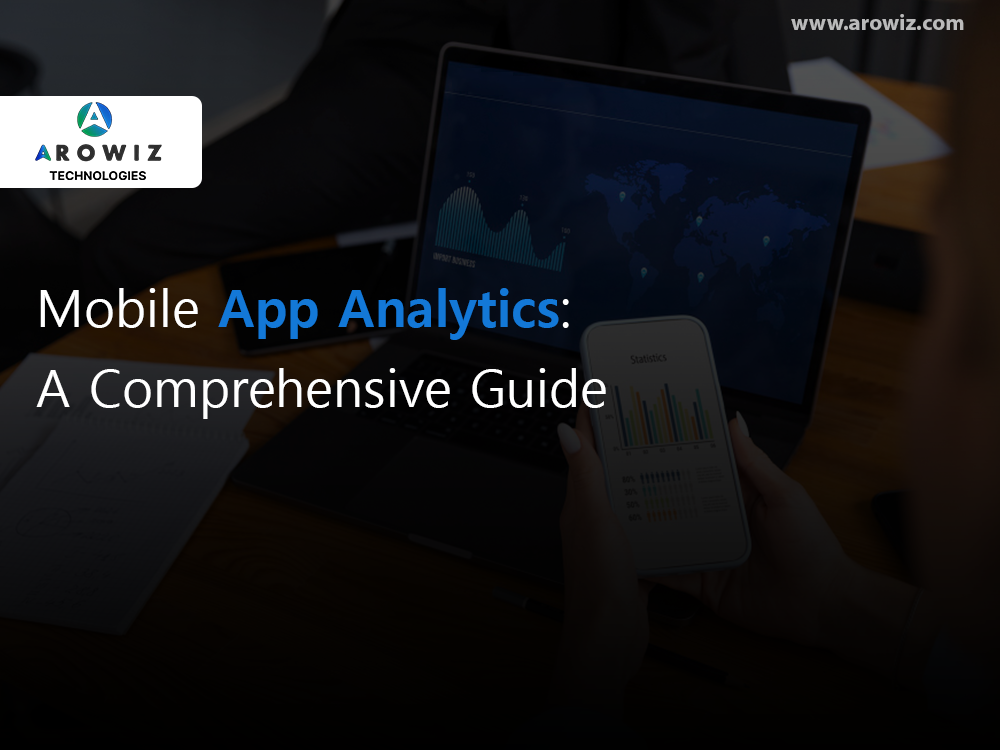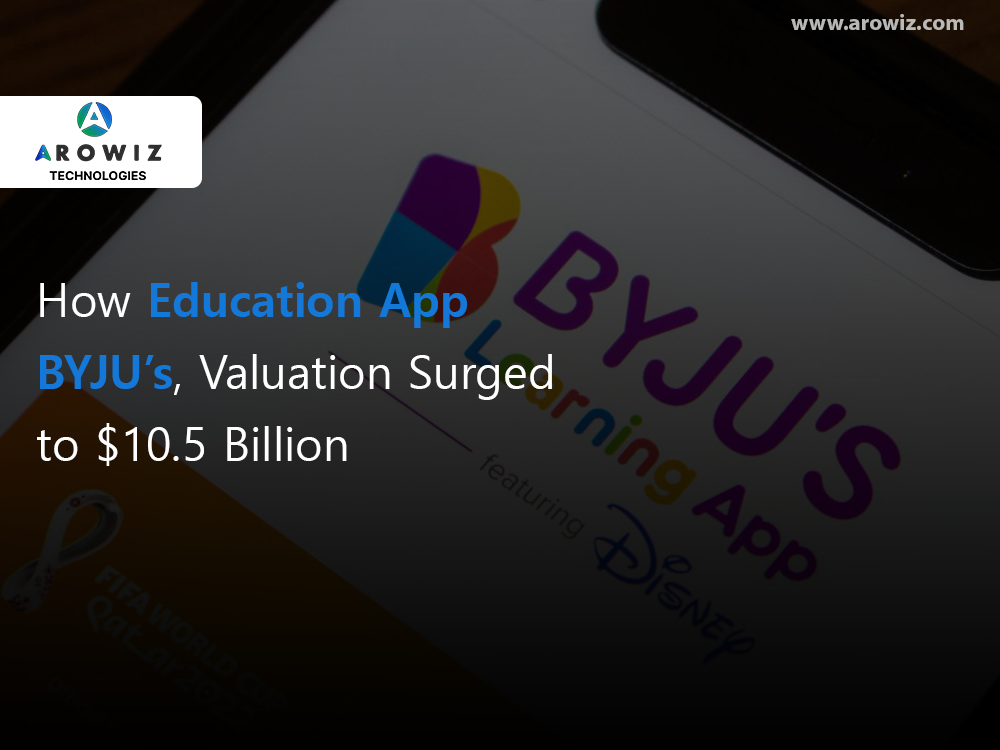In our modern digital era, mobile applications have seamlessly integrated into our daily routines. They’ve redefined the way we interact…
Mobile App Analytics: A Comprehensive Guide
admin
- October 14, 2023
3 min read

In our modern digital era, mobile applications have seamlessly integrated into our daily routines. They’ve redefined the way we interact with businesses and services, from ordering food to booking transportation. However, developing a successful mobile app is just the initial step. Equally crucial is comprehending how users engage with your app. This is where mobile app analytics comes into play. In this comprehensive guide, we will delve into the realm of mobile app analytics, exploring its significance, pivotal metrics, and best practices.
Understanding Mobile App Analytics
Mobile app analytics refers to the process of gathering, measuring, and analyzing data generated by users while they interact with your mobile application. This data offers invaluable insights into user behavior, app performance, and user engagement, enabling you to make informed decisions to enhance your app’s functionality and user experience.
The Importance of Mobile App Analytics
Enhancing User Experience:
Analytics unveil areas within your app where users face challenges or disengage, allowing you to pinpoint pain points and enact necessary improvements.
Prioritizing Features:
Data-driven insights assist in prioritizing which features to enhance or introduce based on their perceived value to users.
User Retention:
By comprehending user behavior, you can tailor marketing efforts and features to retain users, thereby reducing churn.
App Performance:
Analytics can promptly flag technical issues such as crashes or sluggish loading times, ensuring a smoother user experience.
Revenue Optimization:
By tracking conversions and user flows, you can maximize revenue through avenues like in-app purchases, subscriptions, or advertisements.
Key Metrics in Mobile App Analytics
Downloads:
Quantify the number of times your app is downloaded to gauge initial interest.
Active Users:
Monitor the count of users actively engaging with your app over time.
Retention Rate:
Ascertain how many users return to your app after the initial download.
Session Length:
Understand the duration users spend in your app during each session.
User Flow:
Visualize the paths users take within your app, pinpointing popular and drop-off points.
Conversion Rate:
Gauge the success of specific actions, such as making a purchase or completing a registration.
Churn Rate:
Calculate the percentage of users who discontinue using your app within a given timeframe.
Revenue Metrics:
Keep track of revenue sources, encompassing in-app purchases, subscriptions, and advertising revenue.
Crash Reports:
Monitor app stability and promptly identify issues demanding attention.
User Feedback:
Collect and analyze user reviews, ratings, and feedback to derive qualitative insights.
Best Practices for Mobile App Analytics
Set Clear Objectives:
Define key performance indicators (KPIs) and align them with your app’s objectives.
Select the Right Tools:
Choose a robust analytics platform (e.g., Google Analytics, Mixpanel, Firebase) tailored to your app’s requirements.
Early Implementation:
Integrate analytics during the app’s development phase to commence data collection from day one.
User Segmentation:
Segment your user base based on demographics, behavior, or location to grasp diverse user needs.
Real-time Monitoring:
Continuously monitor app performance and user behavior to promptly address issues.
A/B Testing:
Experiment with different app versions or features to optimize user engagement and conversions.
Privacy Compliance:
Ensure data collection and handling practices comply with relevant privacy regulations, such as GDPR or CCPA.
Regular Reporting:
Generate and disseminate regular reports to keep your team informed and aligned regarding app performance and enhancements.
Feedback Integration:
Encourage user feedback within the app and utilize it to drive improvements.
Iterate and Enhance:
Utilize insights derived from analytics to iterate on your app, consistently improving its usability and value.
In conclusion,
mobile app analytics stands as an indispensable tool for app developers and businesses aspiring to create successful and user-centric applications. By adhering to best practices and regularly scrutinizing data, you can gain a profound understanding of user behavior, spot areas for enhancement, and ultimately craft a more engaging and lucrative mobile app. Commence harnessing the potential of mobile app analytics today to steer your app towards success in an increasingly competitive landscape.
Tags
Our New Letter
Get productivity tips delivered straight to your inbox
Ready for more?

Arowiz Technologies is a Central India-based customer Centric software development & Expert IT Staff Augmentation company ...
FOR JOBS
hr@arowiz.comFOR SALES
sales@arowiz.comMARKETING / BLOGS
info@arowiz.comGET CONNECTED
Top Industry
About Us
Top Services
Hire Expert Developers
- AI / ML Developers
- Blockchain Developers
- DevOps Developers
- Web3 / Gaming Developers
- Full Stack Developers
- AR / VR – Meta Developers
- Python Developers
- Solidity Developers
- Node.js Developers
- ReatJs Developers
- Next.Js Developers
- Flutter Developers
- React Native Developers
- Golang Developers
- Mobile App Developers






